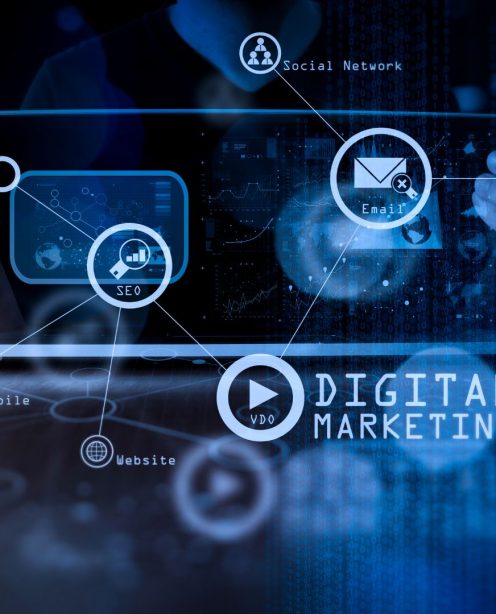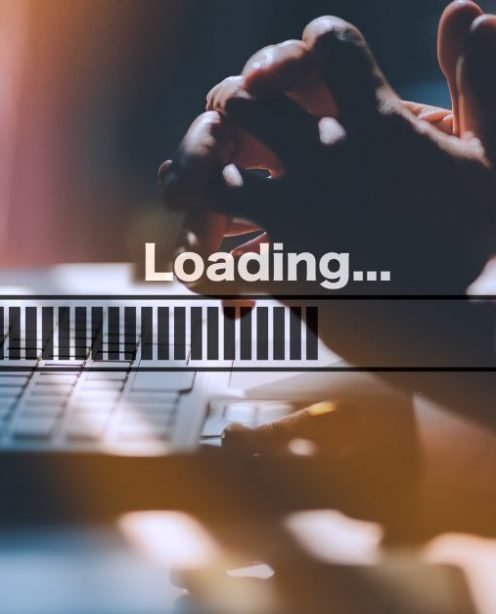So rather than any more ranting and moaning about the lack of coherence in this matter let me try and lay out clearly and concisely why you have to make the time to hand over or at least leave the relevant details to someone in your absence.

What are you handing over?
Firstly, when dealing with a website they tend to be fairly complicated beasts, they always feature a CMS which the new recruit may or may not have used before, they sometimes feature ticketing integrations or other third party integrations. The most basic thing here is to compile a list of the relevant systems, contact details and logins:
- CMS login
- Web agency support ticketing system login
- Google Analytics and Webmaster Tools login
- Ticketing software login
- Ticketing support contact
- Social and other digital channels and their login details
Documentation
Secondly, we always supply clients with two documents, a training manual outlining the functions of the CMS and how to use it including how it integrates with ticketing, ecommerce or anything else. We also provide a content guide which is a quick and easy reference to understand what the image sizes, fonts and formatting are and should be used across your website.
These two documents get forgotten about unfortunately but they should be saved on your communal server and then handed over this means at the very least anyone new can get a handle on the basics of the website and it’s content without any further assistance.
You may also have a style guide, tone of voice document and branding documentation to handover as well. Make sure that your colleagues or replacement can pick up where you've left off without your customers noticing a change. Don't forget to make sure that someone knows where all the different versions of your logos are in case they are needed in future by designers.
Don't forget to tell people you're going!
Give your suppliers some notice - tell them when you're leaving and who the interim/replacement contact is. Make sure that you have worked out what to do with any work that's lined up or in progress. Your suppliers may need to set your replacement up with logins to their systems to help them to do that by making sure that you provide them with the info that they need.
Ultimately, you want to ensure that your customers relationship with you isn't impacted by your leaving so you need to make sure that everyone can carry on using systems in your absence. This is also the moment where you define how people will remember you.
Your colleague/replacement will be thrilled when they find everything set up and documented when they come to do their first task after you leave. Just try to imagine their smiling face rather than their sheer dismay at your legacy of hard-to-find and elusive information about the job you have done for the last five years.
Don't forget that a lot of this also applies when you go on holiday or parental leave. All you need to do is collate this once and make sure it's kept up to date and that key people know where to find the info.
Checklist
So to round this off here’s a handy checklist of things to do before you leave your post:
- Who to contact if the website goes down?
- Where to raise support tickets directly?
- The contact details of their account manager?
- The contact details of the website hosting suppliers (if different to above)?
- Their super editor login for the CMS?
- The Google Analytics and Webmaster tools login?
- Where the training manual and content guide for the website are?
- Contact details for any other software suppliers
- Login details for other software and digital channels/tools (including social media and newsletter)
- Internal documentation - for example branding guidelines and tone of voice
- Brand assets - logos in various formats





